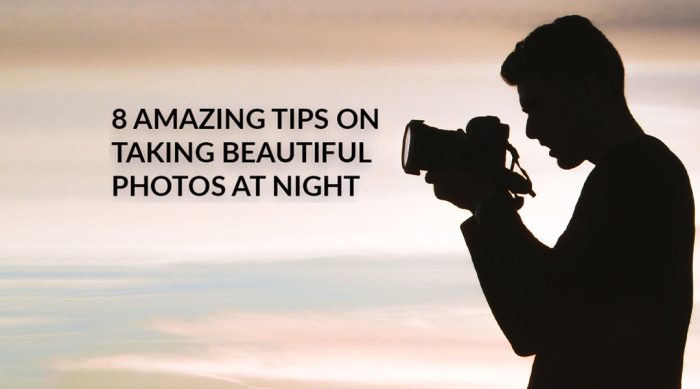Want to try night photography, but don’t know where to start? From night photography equipment and camera settings to night photo ideas, we’ll light the way!
Point and Shoot
Isn’t it true that you can’t capture good shots if you don’t have a camera with you? It makes no difference whether you use a DSLR, a point-and-shoot camera, or a smartphone camera. You may catch those impromptu and unique moments in life that you might have otherwise missed if you have access to a camera.
The Focal Length
Maintain a straightforward approach. I use a single camera and two prime lenses: a 28mm and a 35mm. Everything is for you. I shoot with a 35mm lens 70% of the time and a 28mm lens 30% of the time. It takes a little getting accustomed to, but once you do, shooting primes is the only way to go. It implies that you must make do with what you have and that you cannot be lazy. Essentially, this means taking more photos and less fussing with zooming and sometimes missing opportunities. It also aids in maintaining consistency. Keeping the same focal lengths throughout a project or series is an excellent approach to establish a strong feeling of consistency.
Increase Your ISO To A High Value
Depending on the lighting circumstances, you can start at 800 and gradually build up. The greater you go, the more noise your final image will have. Even with a high ISO, a good camera can capture some beautiful, clear night photos.
Make Use Of The Mirror Lockup Feature
DSLRs have a mirror that reflects the image from the lens when looking through the viewfinder, allowing you to see what the lens sees. This creates camera vibrations, which can result in hazy photos. Camera shaking is reduced by using mirror lockup.
Manual Exposure Mode Is Required
You must use Manual Exposure Mode on your camera. With practically every click of the shutter, you’ll find yourself making adjustments as the light changes. To make matters even more complicated, those adjustments will have little or no bearing on your camera’s internal metre readings. Unfortunately, in the dark, the metre readings are useless. Automatic, Program, and Priority Modes are no longer available. Manual Mode is the only option that is guaranteed to work. While your lens may be capable of Auto-Focus, I always recommend moving to Manual Focus Mode once the focus has been established to guarantee the focus remains sharp and locked.
Wide Eyepiece
My 10-22 is my go-to lens for night photography, especially for landscape and architectural photos. Wider lenses, especially at higher F-stops like F16, F18, or F22, are more forgiving with focus in the dark and give amazing sharpness throughout the scene.
Using an External Flash
When triggered manually off-camera, your external flash can be an excellent source of fill light. O. That’s when things can get extremely interesting and inventive – not to mention entertaining to watch! A moving body won’t register as long as it isn’t lighted, which is the beauty of these long exposures in low light with a closed down aperture. His body will not register even if he sprints in front of my lens for a second or two. Isn’t it amazing?
Choosing An Aperture (F-stop) And Shutter Speed For Night Photography
Calculating the proper exposure for a dark scene is more of an art than a science. Your metre readings can only be used as a guide in the dark because they are not precise. This is when expertise and practise come in handy. When it comes to judging exposures, the more you photograph at night, the more your intuition and instincts will come in handy. I promise that after a few night shots, you’ll be able to look at a scene and instinctively know where to start with your exposure settings. The advantage of digital photography is that you can make quick adjustments, practise, and learn.
Go forth and shoot!
#Mohitbansal #Mohitbansalchandigarh #Mohitbansalphotography #Mohitbansalphotoshoot #Mohitbansalphotographer #Mohitbansalvideography











Read 0 comments and reply